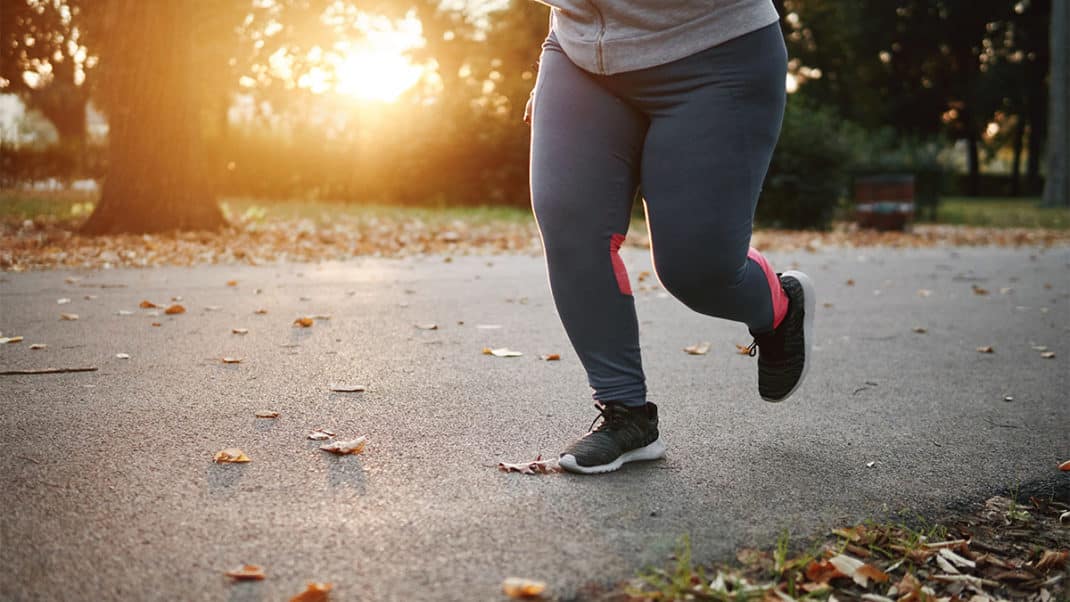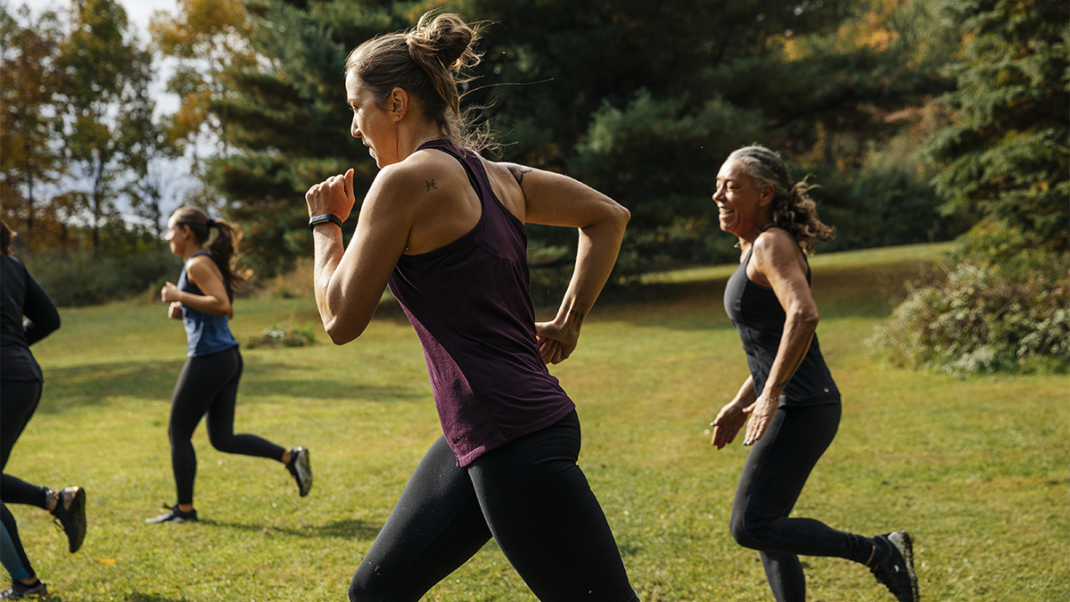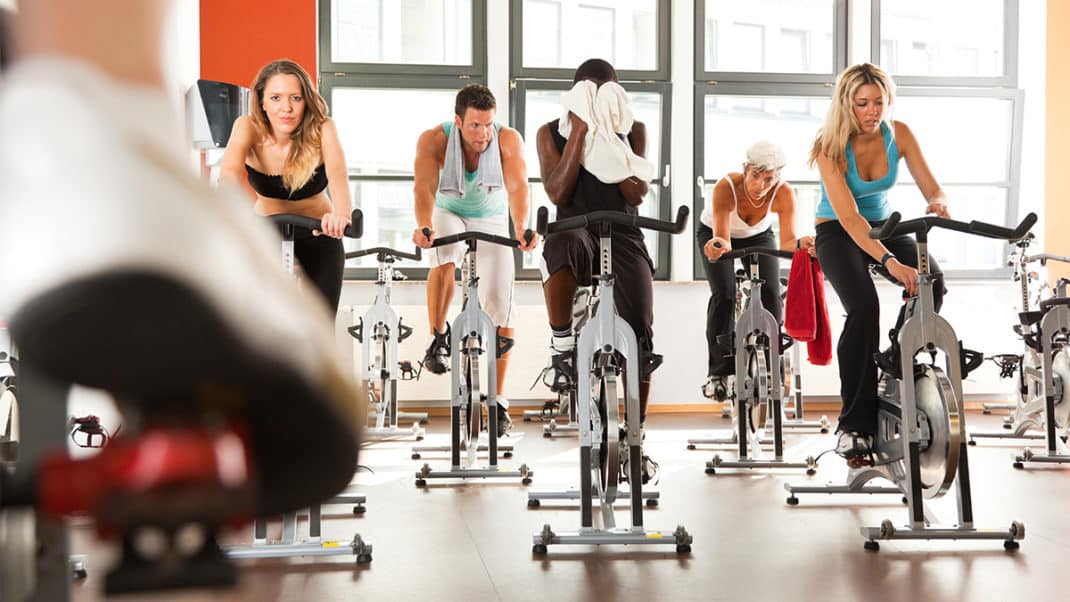Implementing a Zone 2 Cardio Workout into Your Routine

What Is Zone 2 Cardio?
Zone 2 cardio refers to exercising at a low to moderate intensity where your heart rate is elevated but you can still hold a conversation. This zone primarily uses aerobic metabolism, relying heavily on fat as a fuel source, making it ideal for:
- Fat loss
- Improving mitochondrial function
- Increasing endurance
- Enhancing metabolic flexibility
Zone 2 Heart Rate Estimate:
Use this formula as a starting point:
Zone 2 HR = 60–70% of Max Heart Rate (MHR)
MHR = 220 – your age
Example for a 40-year-old: 220 – 40 = 180 → Zone 2 = 108–126 bpm
Note: A more precise method involves lactate testing or wearing a heart rate monitor with VO₂ calibration, but this is a solid starting point for beginners.
Beginner-Friendly Zone 2 Workout Plan (4 Weeks)
Goal: Build habit, lose fat, improve cardiovascular base
Duration: 30–45 minutes per session
Frequency: 3–5 sessions per week
Intensity: Keep heart rate in Zone 2 (use a monitor or talk test)
Week-by-Week Breakdown
Week 1–2: Getting Started (3x/week)
Activity Options:
- Brisk walking (outdoors or treadmill at incline)
- Easy cycling (stationary or road)
- Elliptical or rowing machine at low resistance
- Hiking on flat terrain
Workout Format:
- 5 min warm-up (easy pace)
- 20–30 min Zone 2 (slightly breathy but conversational)
- 5 min cool-down (slow pace)
Tips:
- Use the talk test: you should be able to speak in full sentences.
- Avoid going too hard. If you’re sweating heavily or gasping, you’re out of Zone 2.
Week 3–4: Building Consistency (4–5x/week)
Add variety:
- Mix modalities (walk one day, bike the next)
- Try Zone 2 intervals: alternate 3–5 minutes Zone 2 pace, then 1 minute slower recovery pace. Repeat.
Workout Format:
- 5 min warm-up
- 30 – 40 min in Zone 2
- Optional: include 5 x 1-min brisk surges (still under threshold)
- 5 min cool-down
Optional Add-Ons
- Strength Training: 2x/week, light resistance (on non-cardio days)
- Walking Meetings: Sneak in extra NEAT (non-exercise activity thermogenesis)
- Step Goal: Aim for 7,000–10,000 steps/day
Equipment Recommendations
- Heart Rate Monitor: Chest strap or wrist-based (Polar, Garmin, Apple Watch)
- Comfortable shoes: Especially for walking/hiking
- Hydration: Bring water, especially for longer sessions
Why Zone 2 Works for Fat Loss
- Burns a higher percentage of fat than high-intensity training
- Improves insulin sensitivity and mitochondrial function
- Easier to recover from → promotes consistency
- Reduces stress hormones (like cortisol) compared to HIIT
Final Tips for Beginners
- Be patient: Results build over weeks, not days
- Listen to your body: Fatigue, sleep, and hydration all affect HR
- Track progress: Use a journal or app to note heart rate, duration, and how you felt




